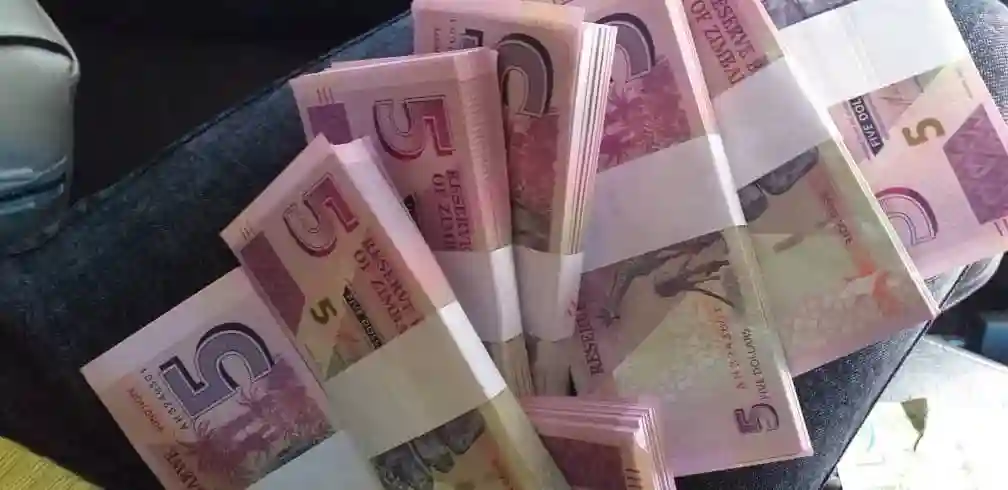Finance, Economic Development and Investment Promotion Minister, Mthuli Ncube, has said Zimbabwe will always have a local currency even though currently, the US dollar is used for 80% of all commerce in the country.
Speaking in an interview Saturday after touring Arenel Foods and Baker’s Inn, in Bulawayo, Ncube also said that fiscal and monetary authorities are working on new plans to revive the currency. He said:
We will have a domestic currency, and there will always be a domestic currency so there is no way that we cannot have one.
It’s very important to have a domestic currency so that we don’t just rely on foreign currency only for transactions.
We can only have monetary policy as a macro-policy if you have your own domestic currency. We will have a domestic currency.
On Friday, March 22, the Zimbabwean dollar crossed a notable threshold, falling below 20,000 against the US dollar. This decline occurred after it had previously dropped below the 10,000 level in late January.
The local currency was trading at 20,389 per greenback, indicating a cumulative decline of 70% since the beginning of the year.
Ncube said the monetary policy statement (MPS), which is overdue by two months, will be released soon.
He said the delay in the release of the MPS is due to ongoing consultations with experts within the government and other stakeholders. Said Ncube:
We are working on some measures, people should be patient, we will release a monetary policy statement in the not-so-distant future which will deal with volatility and weakness in the currency.
Just be patient, we want to make sure that we do it right, undertaking some consultation with various stakeholders in the industry, within Government and international organisations, but also some currency experts that we have consulted.
We want to make sure that we have all the arsenal of knowledge that is needed to produce a lasting solution to the volatility and weakness of the currency.
Last month, the International Monetary Fund (IMF) urged authorities in Zimbabwe to fully liberalise its exchange rate, warning that the currency’s continuing depreciation could pose a risk to economic growth.
More: Pindula News

